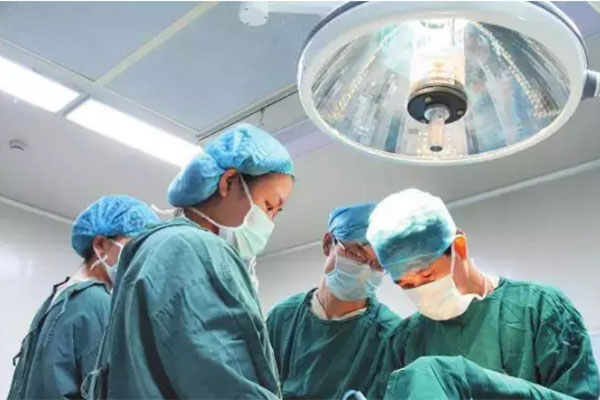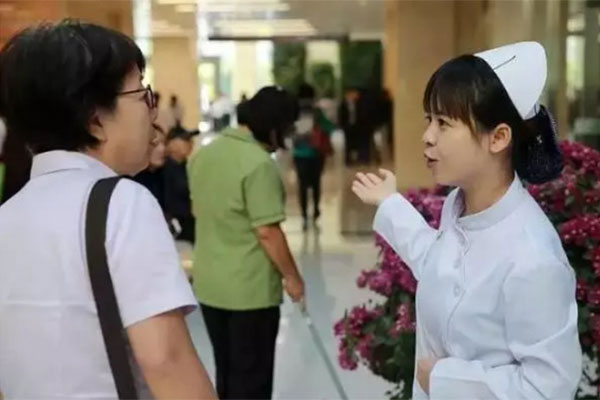
Providing better healthcare to the public is always the top concern of Premier Li Keqiang.
As the State Council recently released a guideline on establishing a modern hospital management system, more benefits will be on the way for patients and doctors.
According to the document, hospital directors will be responsible for all matters related to medical care and treatment safety.
In addition to the overall responsibility of the chief doctors for patients, a hierarchical system of nursing, surgery, and antibiotics will also be established.
Thanks to improved evaluation, doctors’ incomes and promotion will be directly linked with their code of conduct, treatment quality, cost control, and satisfaction of patients.
In the future, urban doctors also will be available to rural patients for convenient treatment as at least one rural practice experience becomes a compulsory requirement for senior doctors.
All Class III public hospitals will join in the medical treatment partnership to support rural medical institutions.
Enhanced emergency treatment capacity, cross-region settlement, and diversified mediation will ensure better services with less disputes and harmonious relations between patients and doctors.

The guideline also laid out solid measures for doctors and ruled out links between medical staff salaries and business income from medicines, hygienic materials or tests.
Medical staff will no longer be required to create profit for their hospitals.
A salary system that adapts to the medical industry will be established, with an emphasis on the skills and labor services performed by medical staff.

In the management of hospitals, a comprehensive regulatory system, including a blacklist system, will be established with a closer eye on quality, medical expense, insurance fraud and medical rebates to doctors for prescribing treatments and medicines.
With an accountability system and better supervision, requirements at institutions and for personnel, technologies and equipment will be improved.
In the future, construction standards and large medical equipment of hospitals will be under strict control to rule out debts and luxury decoration.
Meanwhile, privileged services where some patients can pay more to get a faster diagnosis, will be limited to less than 10 percent in total medical services.
Administrative rankings will be gradually removed and the hospital’s autonomy in recruitment will be put in place.
According to the guideline, hospitals in remote areas will receive more incentives for recruitment.
